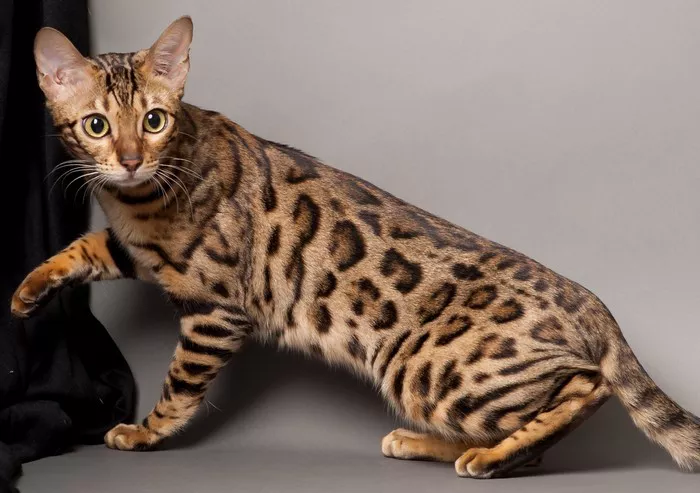Maine Coon cats are one of the most popular cat breeds in the United States. Known for their large size, adorable personalities, and fluffy coats, they are a favorite among cat lovers. However, one question that often arises when it comes to Maine Coons is whether or not they are hypoallergenic.
What does hypoallergenic mean?
Before we dive into whether or not Maine Coons are hypoallergenic, it’s important to understand what this term means. Hypoallergenic refers to a substance or material that is less likely to cause an allergic reaction in people who are sensitive to allergens. In the case of cats, this means that a hypoallergenic cat breed is less likely to trigger allergies in people who are allergic to cats.
Are Maine Coons hypoallergenic?
The short answer to this question is no, Maine Coons are not hypoallergenic. While some people may have less of an allergic reaction to Maine Coons compared to other cat breeds, there is no such thing as a completely hypoallergenic cat.
Why do people think Maine Coons might be hypoallergenic?
There are a few reasons why some people believe that Maine Coons might be hypoallergenic. For starters, Maine Coons have long, thick coats that don’t shed as much as other cats. This means that they produce less dander, which is a common allergen that can trigger allergic reactions in people.
Additionally, Maine Coons have a reputation for being low-maintenance cats that don’t require as much grooming as other long-haired breeds. Some people believe that this also translates to fewer allergens being present on the cat’s fur and skin.
However, it’s important to note that even though Maine Coons may produce less dander than other cats, they still produce enough allergens to cause allergic reactions in sensitive individuals.
What causes allergies to cats?
To understand why Maine Coons are not hypoallergenic, it’s important to understand what causes allergies to cats in the first place. Cat allergies are caused by a protein called Fel d 1, which is found in cat saliva, urine, and dander (dead skin cells). When a cat grooms itself, it spreads this protein all over its fur and skin, which can then be transferred to humans when we come into contact with the cat.
Once the Fel d 1 protein enters our system, it can trigger an allergic reaction. Symptoms of a cat allergy can include sneezing, runny nose, itchy eyes, and even difficulty breathing in severe cases.
Why are some cat breeds considered hypoallergenic?
Even though there is no such thing as a completely hypoallergenic cat, some breeds are known to produce fewer allergens than others. This is because these breeds have genetic mutations that affect their production of the Fel d 1 protein.
For example, the Sphynx cat breed, which is hairless, produces less dander because it doesn’t have fur to shed. The Russian Blue and the Siberian cat breeds are also sometimes considered hypoallergenic because they produce lower levels of Fel d 1 compared to other breeds.
However, it’s important to note that even though these breeds may produce fewer allergens, they can still cause allergic reactions in some people.
What can you do if you’re allergic to cats but love them anyway?
If you’re allergic to cats but still want to have one as a pet, there are a few things you can do to help manage your symptoms:
1.Choose a cat breed that produces fewer allergens: While there is no such thing as a completely hypoallergenic cat, choosing a breed that produces fewer allergens can help reduce your exposure to Fel d 1. As mentioned earlier, breeds like the Sphynx, Russian Blue, and Siberian are sometimes considered hypoallergenic.
2.Keep your cat groomed: Regular grooming can help reduce the amount of dander and allergens on your cat’s fur and skin. Consider brushing your cat daily, bathing them regularly, and using hypoallergenic shampoo.
3.Use an air purifier: An air purifier with a HEPA filter can help capture allergens in the air and reduce your exposure to them.
4.Create a cat-free zone: Designate a specific area of your home as a cat-free zone to give yourself a break from allergens. This could be a bedroom or a living room where you spend a lot of time.
5.Take allergy medication: Over-the-counter allergy medications like antihistamines can help alleviate symptoms like sneezing and itchiness. Talk to your doctor about which medication may be right for you.
In conclusion, while Maine Coons are not hypoallergenic, there are things you can do to manage your allergies if you want to have one as a pet. By choosing a breed that produces fewer allergens, keeping your cat groomed.


























